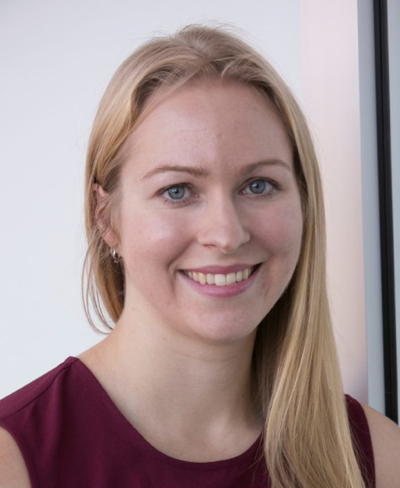From particles to bits: The journey of information (Edge computing for radiation detectors)
The impressive improvements of radiation detectors have led to an exponential increase in the data rate they provide. To relieve the pressure on data acquisition systems, we are working on adding distributed analyses on the data acquisition path. This talk will explore why machine learning techniques offer lightweight, low-latency opportunities to reduce data at the source for several physics and medical imaging applications and will highlight the main implementation challenges that must be overcome.
This talk is still new and a work in progress so feedback is very welcome!
Date and Time
Location
Hosts
Registration
Speakers
 Audrey Corbeil Therrien of Université de Sherbrooke
Audrey Corbeil Therrien of Université de Sherbrooke
From particles to bits: The journey of information (Edge computing for radiation detectors)
The impressive improvements of radiation detectors have led to an exponential increase in the data rate they provide. To relieve the pressure on data acquisition systems, we are working on adding distributed analyses on the data acquisition path. This talk will explore why machine learning techniques offer lightweight, low-latency opportunities to reduce data at the source for several physics and medical imaging applications and will highlight the main implementation challenges that must be overcome.
This talk is still new and a work in progress so feedback is very welcome!
Biography:
Audrey Corbeil Therrien is an Assistant Professor in the Department of Electrical and Computer Engineering at the Université de Sherbrooke in Québec, Canada. She currently holds the Tier-2 Canada Research Chair in real-time embedded intelligence for ultra-high rate detectors. She has worked at CERN (2015) in Geneva, Switzerland and at the SLAC National Accelerator Laboratory where she held a Banting Fellowship (2018-2020). Her research aims to improve real-time analyses at the edge with the integration of machine learning in high performance radiation instrumentation systems. She is part of several conference committees and since 2019 she is an elected member of the IEEE NPSS RISC Committee. She also completed a program in pedagogy in superior education, with a focus on professionalizing programs and active learning. She has been strongly involved with the promotion of technical careers and teaching to diverse groups for UdeS, SLAC, Stanford University, local non-profits and at several conferences. She received several awards, including the 2017 IEEE Glenn F. Knoll Graduate Educational Grant and the 2019 Best Thesis Award in Science and Engineering at the Université de Sherbrooke.
Address:Université de Sherbrooke, , Sherbrooke, Quebec, Canada, J1K 2R1


 Add Event to Calendar
Add Event to Calendar